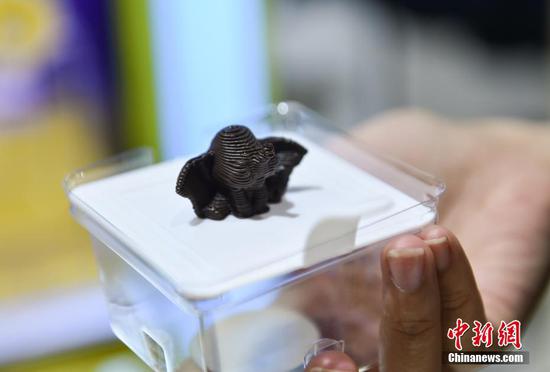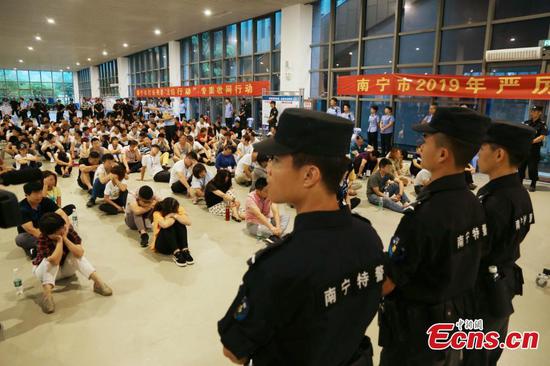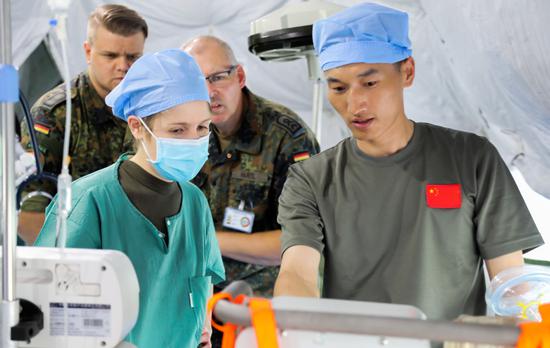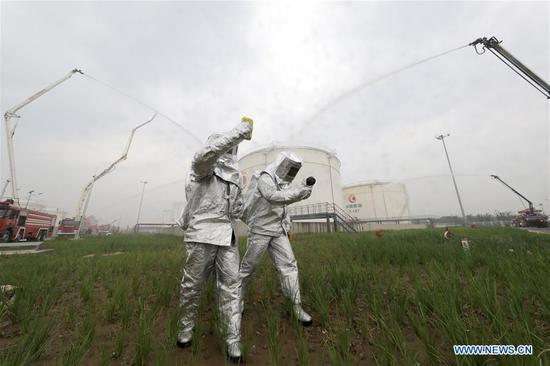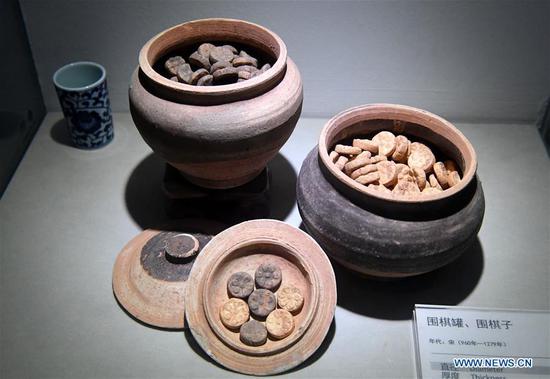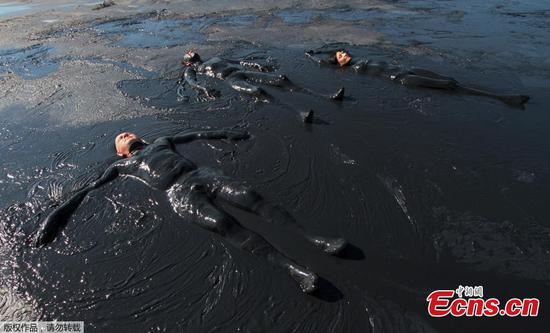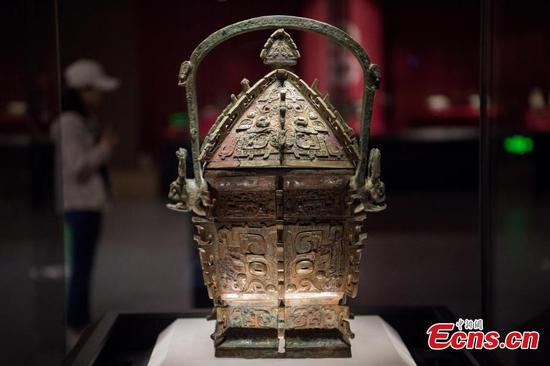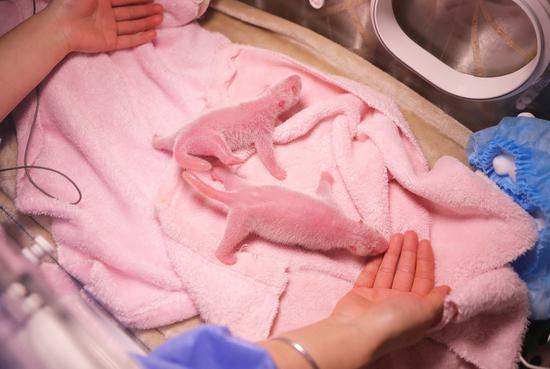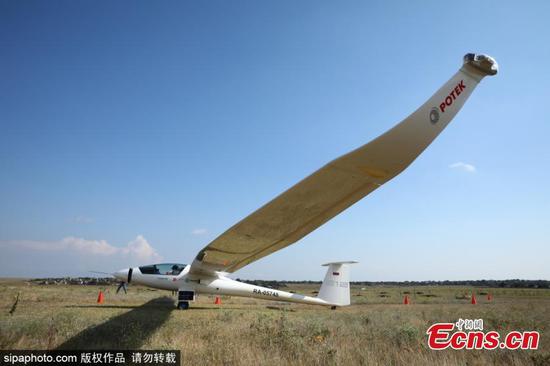China will replenish social security funds through the injection of state capital this year to make the funds more sustainable. Policies to reduce employers' contributions to social insurance schemes will be further implemented to ensure that pensions are paid on time and in full.
The decision was made at the State Council's executive meeting chaired by Premier Li Keqiang on Wednesday.
Li has set out measures for such capital transfer in the Government Work Report for four consecutive years.
The State Council issued the implementation program on replenishing social security funds with state capital in November 2017, deciding to pilot the measure in selected central and local state-owned enterprises.
It was decided in the guideline to set the transfer ratio at 10 percent of these enterprises' state-owned equity, with the exception of state-owned enterprises serving public interest, cultural enterprises, policy and development financial institutions and those otherwise stipulated by the State Council.
"We need to ensure that work on this front progresses steadily and effectively and sends a reassuring message to the public," said Li.
It was decided at the meeting that the pilot measures introduced will be extended nationwide this year.
Large and medium-sized state-owned and state-controlled enterprises at both central and provincial levels, as well as financial institutions, will see 10 percent of their state-owned equity transferred to the National Council for Social Security Fund and relevant local receiving entities who shall, as financial investors, enjoy the right to yields from the transferred equity.
"Old-age pensions must be paid on time and in full," said Li.
The meeting also decided to lower social security contribution rates.
So far, various types of social insurance funds are in steady operation, and are competent in ensuring payments on time and in full. Policies to reduce social security contribution rates delivered notable effects in the first half of this year, as companies saw their spending on workers' basic pensions, unemployment insurances and work-related injury insurances decreased by over 128 billion yuan (about 18.5 billion U.S. dollars).
The meeting urged departments to gain firsthand information on delivery of the policies and corporate feedback, and promptly address new problems as they arise.
The payment format will remain consistent. While keeping the share borne by employers for workers' basic aged-care insurance at no higher than 16 percent, no policy adjustment will be made this year regarding the varying payment rates and bases in certain provinces. Local authorities must earnestly shoulder their primary responsibilities of pension payments and ensure that no one is left unpaid.
"The tax and fee cuts we introduced early this year have boosted market confidence and delivered concrete benefits to market players. Such measures are fairest, most effective, and most direct in anchoring market expectations and spurring future development," Li said. "We must ensure full implementation of our policies introduced early this year to reduce employers' contributions to social insurance schemes."














